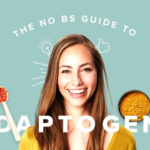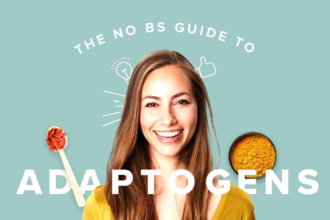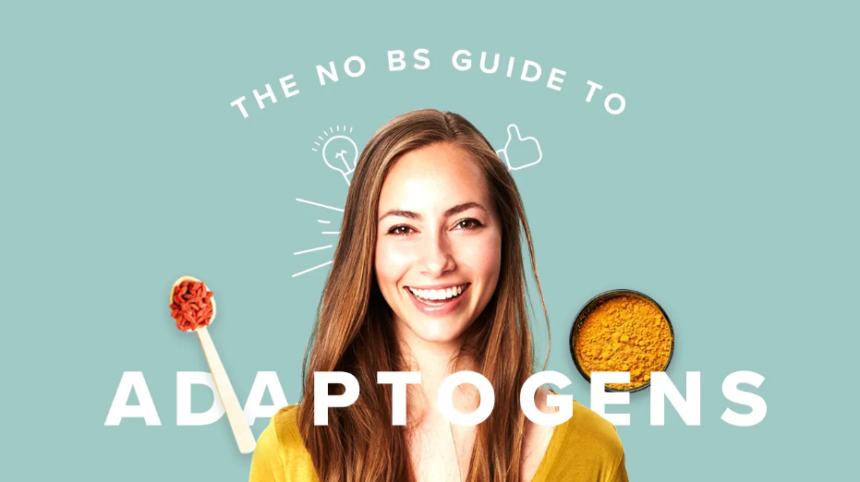In our increasingly fast-paced and competitive world, the quest for cognitive enhancement and longevity has become a significant priority. Whether you’re a student, a professional, or a retiree, the ability to maintain mental clarity and performance can profoundly impact your quality of life. Nootropics, commonly known as “smart drugs” or cognitive enhancers, have emerged as an exciting avenue for achieving these goals. This guide explores the science, benefits, types, and safety considerations of nootropics, and their potential to support long-term brain health.
Cognitive enhancement is no longer a sci-fi concept; it’s becoming an accessible tool for improving mental performance and quality of life.
Dr. Anders Sandberg, neuroscientist and researcher at the Future of Humanity Institute, University of Oxford.
What Are Nootropics?
The term “nootropics” was first introduced by Romanian psychologist and chemist Dr. Corneliu E. Giurgea in the 1970s. He defined nootropics as compounds that can enhance cognitive performance without causing significant side effects. These substances, both natural and synthetic, work by supporting brain function, protecting neurons from damage, and promoting optimal neurotransmitter balance.

Nootropics aim to improve various aspects of mental performance, including memory, focus, creativity, and overall cognitive longevity. With an expanding body of research, these compounds are increasingly recognized as tools for maintaining brain health throughout the aging process.
The Science Behind Nootropics
Nootropics function through diverse mechanisms to enhance cognitive abilities. The most common mechanisms include:
- Neuroprotection: Safeguarding brain cells from oxidative stress, inflammation, and environmental toxins, which are key contributors to cognitive decline.
- Neurogenesis: Stimulating the growth of new neurons and synapses, enhancing the brain’s plasticity and adaptability.
- Improved Cerebral Blood Flow: Enhancing oxygen and nutrient delivery to the brain, which supports mental energy and focus.
- Neurotransmitter Regulation: Balancing levels of key chemicals like dopamine, serotonin, and acetylcholine, which play crucial roles in mood, attention, and memory.
By targeting these pathways, nootropics not only provide immediate cognitive benefits but may also promote long-term brain health and resilience.
Types of Nootropics
Nootropics can be categorized into three main groups: natural nootropics, synthetic nootropics, and over-the-counter (OTC) cognitive enhancers.
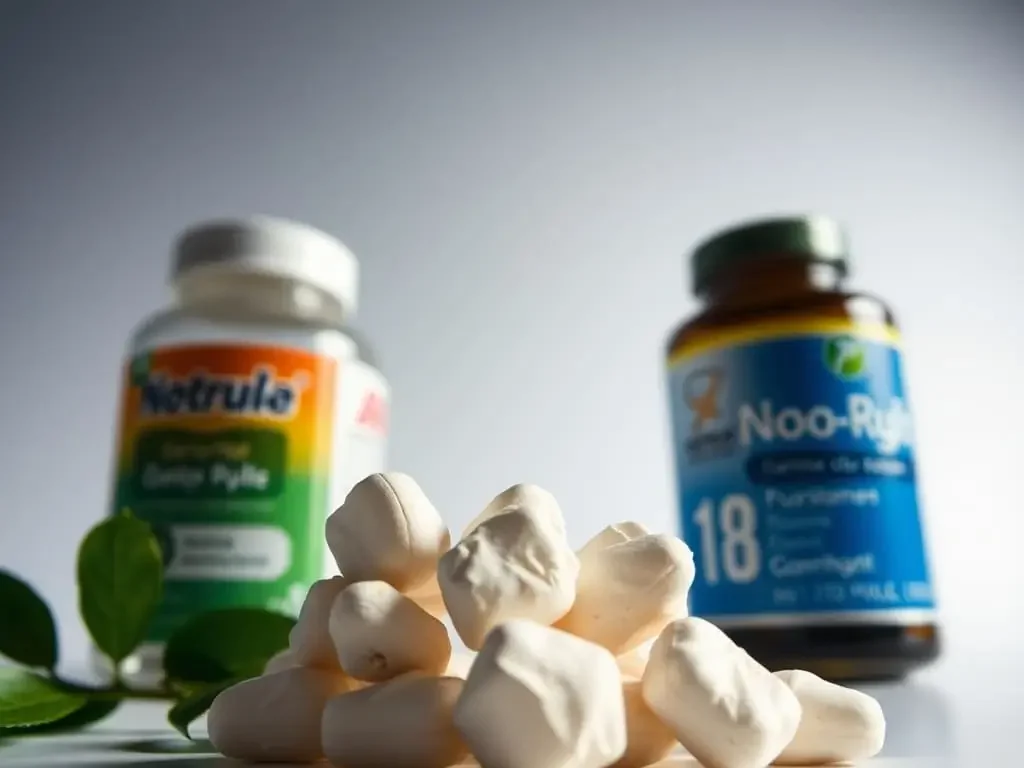
1. Natural Nootropics
These are derived from plants, herbs, and other naturally occurring compounds. They are often used to enhance brain function without the risk of significant side effects.
- Ginkgo Biloba: Known for its ability to improve blood flow to the brain, Ginkgo Biloba may enhance memory and focus, particularly in aging populations.
- Bacopa Monnieri: A staple in Ayurvedic medicine, Bacopa has shown promise in boosting memory formation and reducing anxiety.
- Lion’s Mane Mushroom: This medicinal mushroom is associated with neurogenesis and nerve regeneration, which can support long-term cognitive health.
- Rhodiola Rosea: An adaptogen that reduces fatigue and stress, promoting mental clarity and endurance.
2. Synthetic Nootropics
These laboratory-developed compounds are designed to target specific aspects of cognitive function. They often provide potent effects, but their safety profiles may require careful consideration.
- Piracetam: One of the earliest and most widely studied synthetic nootropics, Piracetam is believed to improve memory and learning.
- Modafinil: Commonly used to treat narcolepsy, Modafinil enhances wakefulness, focus, and executive function.
- Noopept: A highly potent synthetic compound that may improve learning and memory consolidation.
3. Over-the-Counter Nootropics
Widely accessible and often consumed in daily life, these include commonly used substances that can boost mental performance.
- Caffeine: Found in coffee, tea, and energy drinks, caffeine is a powerful stimulant that enhances alertness and concentration.
- L-Theanine: Found in green tea, this amino acid promotes relaxation without inducing drowsiness, making it an excellent complement to caffeine.
- Omega-3 Fatty Acids: Essential for brain health, omega-3s support structural integrity and may reduce age-related cognitive decline.
Benefits of Nootropics
Man is not going to wait passively for millions of years before evolution offers him a better brain.
Dr. Corneliu E. Giurgea, Romanian psychologist and chemist, who coined the term “nootropics.”
1. Enhanced Memory
Nootropics such as Bacopa Monnieri and Piracetam have shown promise in improving memory recall and formation, especially in individuals with cognitive impairments or age-related decline.
2. Increased Focus and Attention
Substances like caffeine, Modafinil, and L-Theanine are known for their ability to sustain concentration during demanding tasks, making them popular among students and professionals.
3. Stress Reduction and Mood Enhancement
Many nootropics, including adaptogens like Rhodiola Rosea, help alleviate stress and anxiety, leading to improved emotional well-being and resilience.
4. Neuroprotection
Compounds such as Lion’s Mane and omega-3 fatty acids protect against oxidative stress and inflammation, reducing the risk of neurodegenerative diseases like Alzheimer’s and Parkinson’s.
5. Support for Cognitive Longevity
By promoting neurogenesis and safeguarding brain cells, nootropics may help maintain mental sharpness well into old age.
Nootropics and Cognitive Longevity
Cognitive longevity is the ability to maintain optimal brain function throughout life. As the global population ages, the need for interventions that support long-term brain health has become increasingly urgent.
Nootropics may contribute to cognitive longevity through several mechanisms:
- Reducing Neuroinflammation: Chronic inflammation in the brain is linked to accelerated cognitive decline and neurodegenerative disorders. Natural nootropics like curcumin (found in turmeric) have anti-inflammatory properties that may combat this issue.
- Boosting Neuroplasticity: The brain’s ability to adapt and reorganize itself is critical for learning and memory. Substances like Lion’s Mane mushroom can enhance neuroplasticity, preserving cognitive flexibility as we age.
- Slowing Cognitive Decline: Antioxidant-rich nootropics like Ginkgo Biloba and resveratrol may mitigate age-related memory loss and improve mental clarity.
Safety and Considerations
While nootropics hold great potential, their use requires a responsible approach:
1. Consult a Healthcare Professional
Before starting any nootropic regimen, consult with a doctor or qualified healthcare provider to ensure it aligns with your health status and goals.
2. Start Low and Go Slow
When trying a new nootropic, begin with a low dose to assess its effects and tolerability.
3. Focus on Quality
Purchase nootropics from reputable manufacturers to ensure purity, potency, and safety.
4. Monitor for Side Effects
Be aware of potential side effects, which may include headaches, nausea, or changes in heart rate. Discontinue use if adverse reactions occur.
5. Combine with a Healthy Lifestyle
Nootropics are not a substitute for foundational brain health practices. Prioritize a balanced diet, regular exercise, sufficient sleep, and mental engagement for optimal results.
Incorporating Nootropics into Your Routine
To maximize the benefits of nootropics, follow these steps:
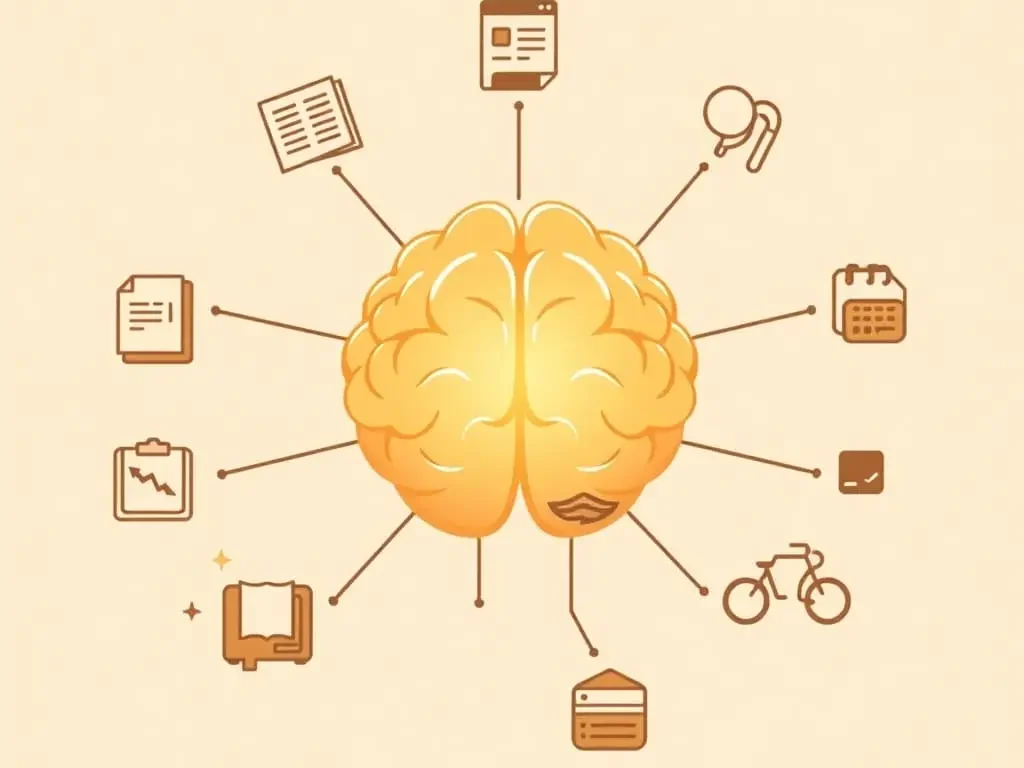
- Set Clear Goals: Identify whether you want to improve memory, focus, mood, or overall brain health.
- Research Your Options: Choose nootropics that align with your objectives, and understand their mechanisms of action.
- Track Your Progress: Keep a journal to document the effects of each nootropic and refine your regimen as needed.
- Cycle Usage: Some nootropics may lose effectiveness with continuous use. Consider cycling them to maintain their benefits.
Breaking Down the Barrier
Nootropics offer an exciting opportunity to enhance cognitive performance and promote brain health. By improving memory, focus, mood, and resilience, they can help individuals achieve their full mental potential while safeguarding against cognitive decline. However, their use requires a thoughtful and informed approach, guided by professional advice and a commitment to overall well-being.
As the science of nootropics continues to evolve, these compounds may become an integral part of maintaining cognitive longevity and improving quality of life for generations to come. Remember, the foundation of brain health begins with a healthy lifestyle—nootropics are the enhancement, not the substitute.
Recent Insights into Nootropics and Cognitive Health
- “Warding off dementia means more reading, praying and listening to music: study”
An academic exploration of how mentally stimulating activities like reading, praying, and listening to music may prevent cognitive decline.
Read the full study here - “The 8 Best Brain Supplements For Any Age, According to Registered Dietitians”
A detailed guide to evidence-based brain supplements like omega-3s, vitamin D, and L-theanine, curated by registered dietitians.
Explore the recommendations here - “The Race to Make Your Coffee Do More and More”
A discussion of adaptogenic ingredients in coffee, including functional mushrooms, and their potential impact on focus and creativity.
Learn more about adaptogenic trends here



